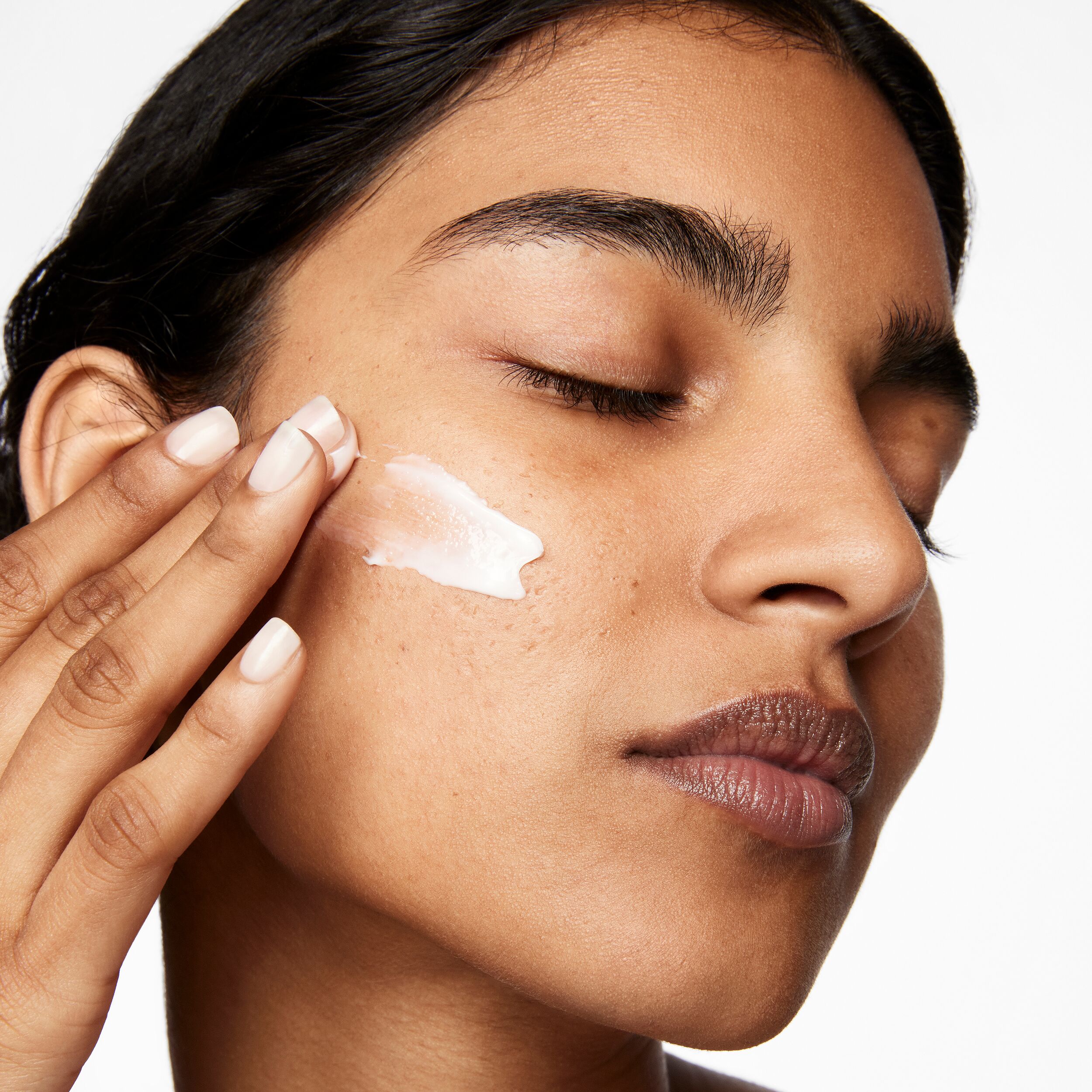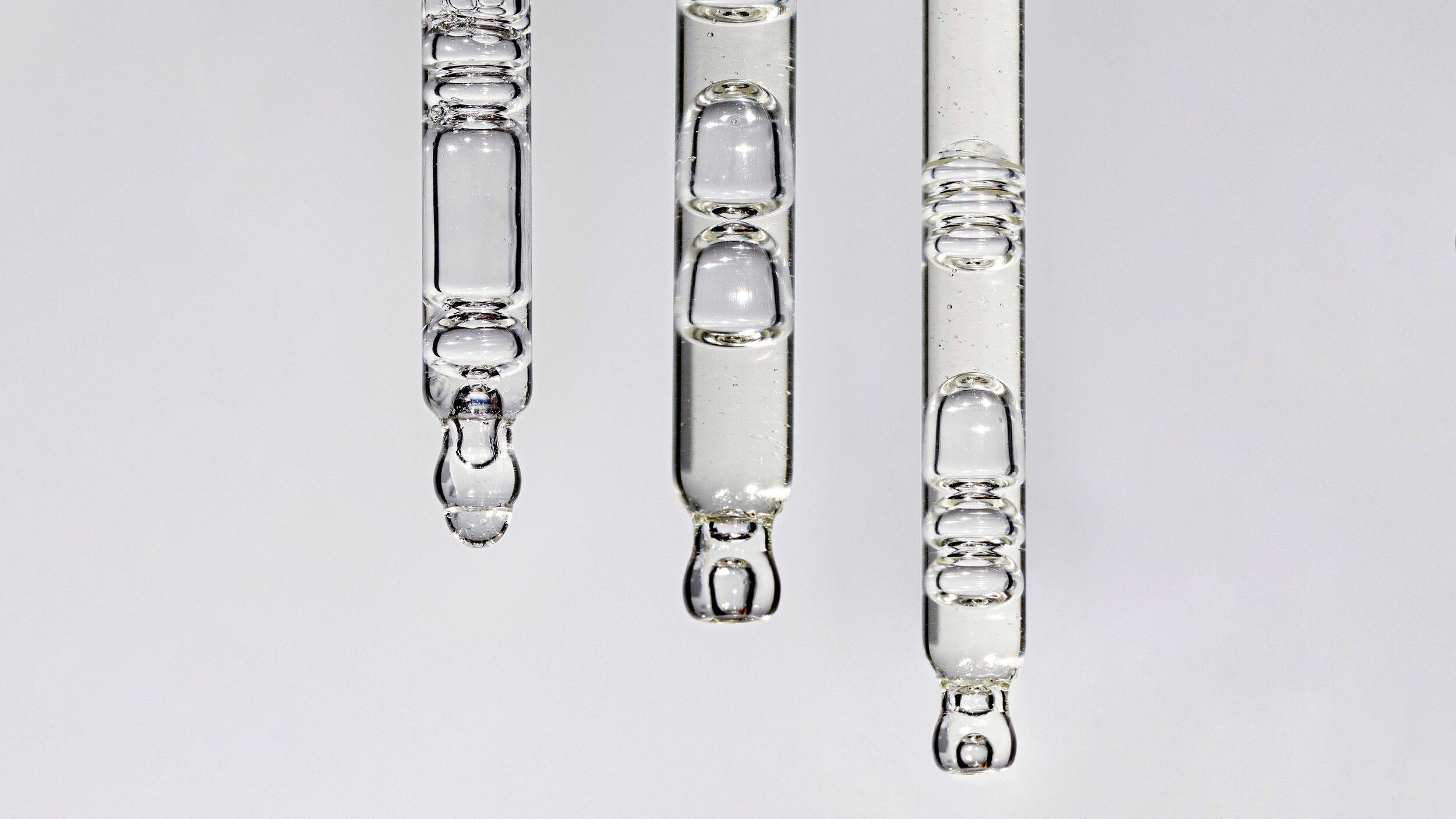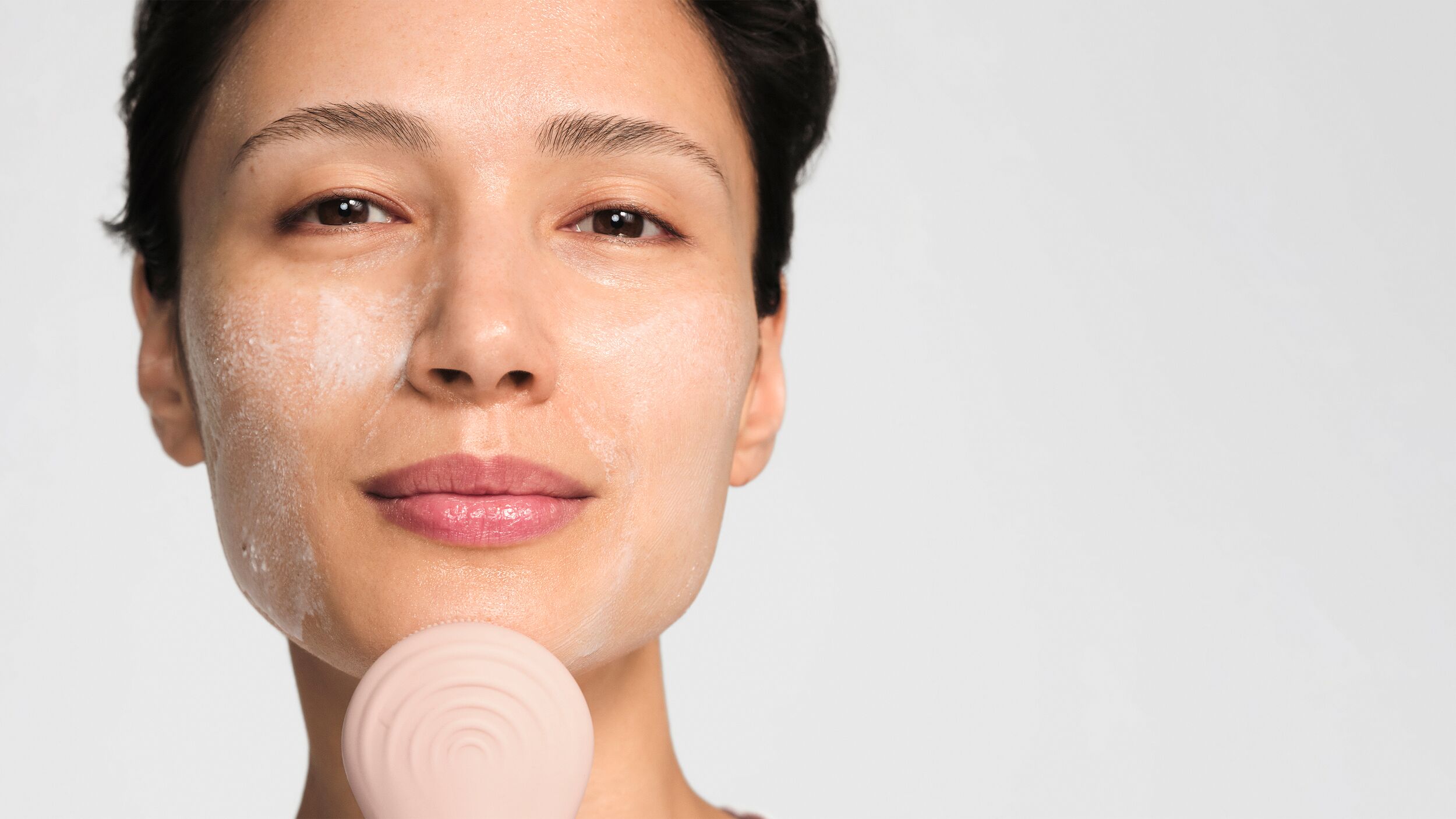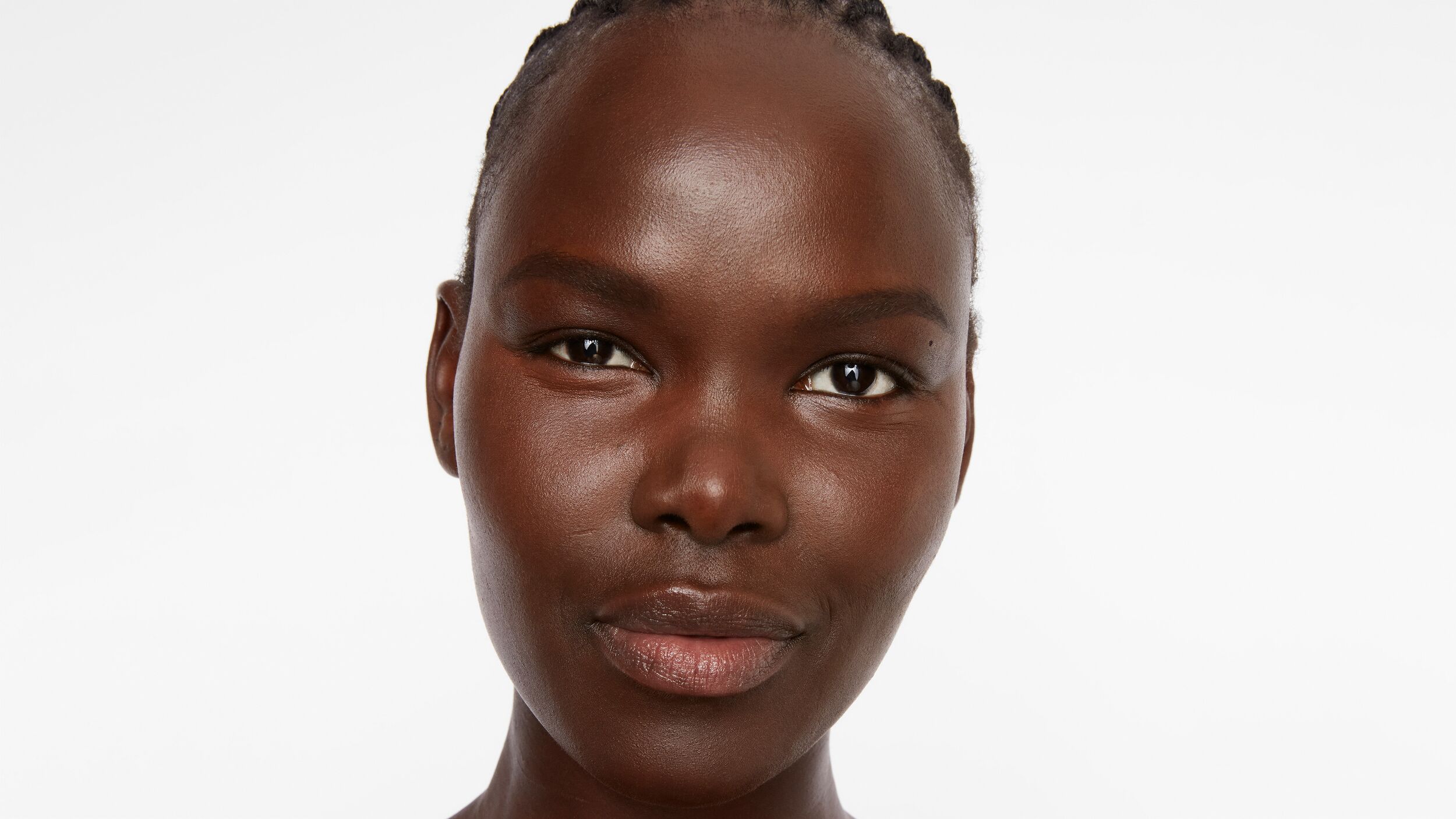
It’s been used in traditional medicine for years and is brimming with skin-boosting benefits. So, what can Ginseng do for you?
What is Ginseng?
Ginseng is a root that grows underground. There are a few different types, but the main ones are Korean Ginseng (also known as Asian Ginseng or Chinese Ginseng) and American Ginseng, which grows in the US and Canada. You might also have heard about red Ginseng and white Ginseng. These contrasting colours are not a signal of different plants but refer to the way they have been processed – white Ginseng is peeled and dried, while red is steamed.
The use of Ginseng in teas and tonics has been a part of traditional Chinese medicine for centuries, and an important skincare ingredient in South Korea for a very long time.
The use of Ginseng in teas and tonics has been a part of traditional Chinese medicine for centuries, and an important skincare ingredient in South Korea for a very long time. In skincare years, and compared to newer ingredients like Polyglutamic acid and Retinol, Ginseng is ancient - but there are a lot of reasons why it has remained popular for so long.
What are the benefits of using Ginseng on the skin?
Ginseng is bringing a lot to the skincare party. Its potential benefits include:
Firming the skin
Smoothing fine lines and wrinkles
Brightening up dull complexions
Reducing the look of blotchiness and redness
Shielding skin from free radicals
Preventing hyperpigmentation like sun spots from forming
Bringing down inflammation in stressed complexions
De-puffing the skin
Is Ginseng good for anti-ageing?
As we age, our skin changes in lots of different ways. You might find that you’re seeing more sunspots pop up on your skin, that it doesn’t feel as firm as it once did, or that fine lines and wrinkles are deepening. It could also start to look duller than it used to.
Obviously, we can’t stop the ageing process in its tracks, but what we can try to do with our skincare is minimize the two things that cause it to accelerate – sun exposure and stress.
When our skin is exposed to UV rays the collagen and elastin in our skin (two proteins that give skin its bounce and spring) break down faster than they would otherwise. UV exposure can also cause the melanocytes (the cells responsible for making melanin, which gives our skin its color) to malfunction and make more than they need, which creates little darker patches of skin. We might not see this damage straight away, but as we reach our 40s and beyond the sun damage of our earlier years can come back to bite us.
SPF is of course the best form of protection here, but antioxidants like Ginseng can support the process. They work as an extra shield to prevent sunshine from wreaking quite so much havoc in and on our skin. Think of it like that little visor on your car ceiling you pull down when it’s sunny – you’ll need your sunglasses too, but it’s a helpful extra when you’re squinting.
Ginseng is anti-inflammatory, which means it helps to bring down inflammation in the skin to help restore calm and balance.
Then there’s stress. When we’re under pressure or feeling anxious the levels of the stress hormone cortisol start to spike. Cortisol entering the chat is bad news for our complexions, as it can speed up the rate at which our collagen supplies deplete. Stress can also drive things like acne, rosacea, and psoriasis, which although won’t age your skin, can certainly be confidence-knocking. Ginseng is anti-inflammatory, which means it helps to bring down inflammation in the skin to help restore calm and balance. Redness and puffiness, be gone.
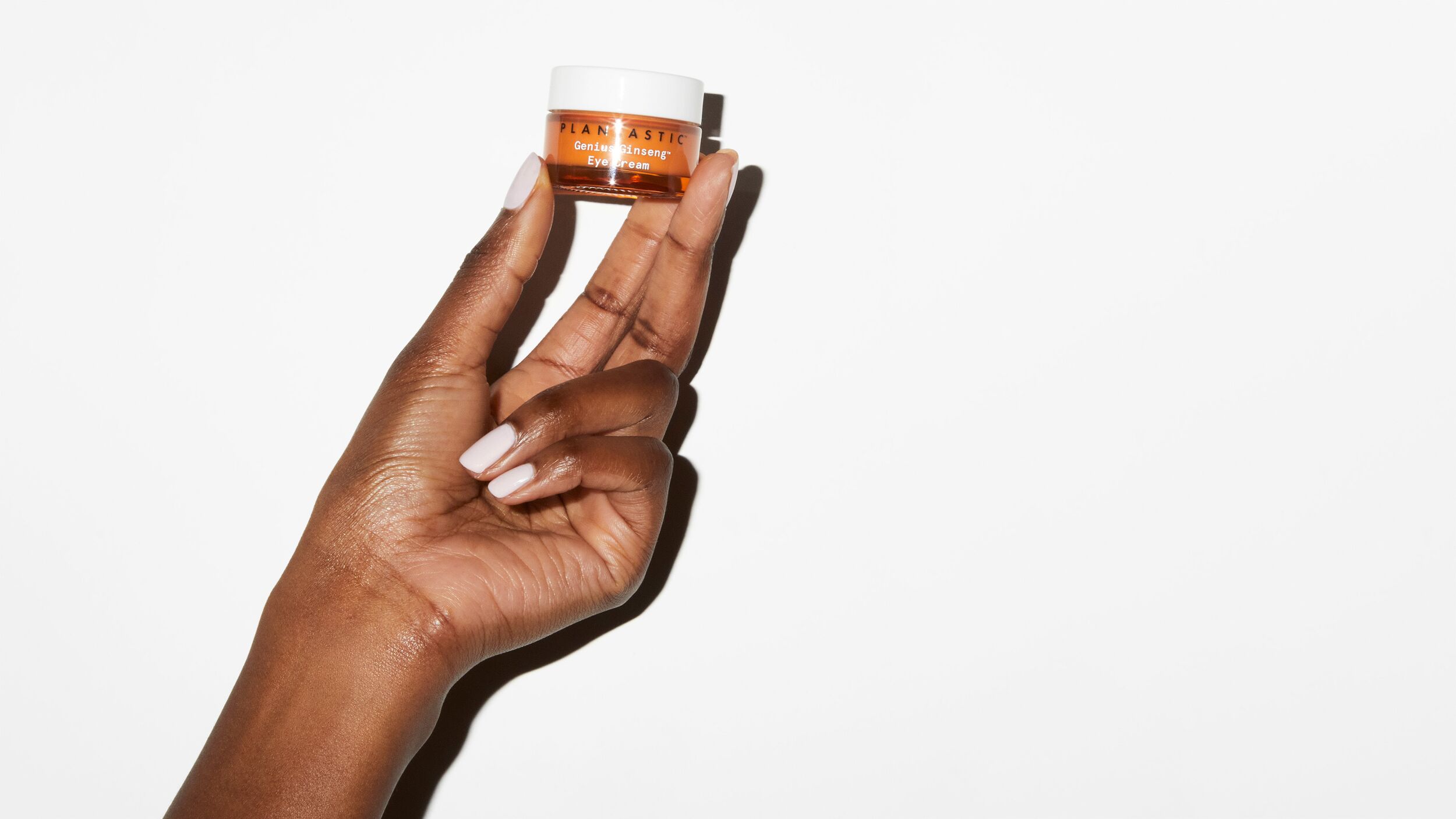 Ginseng helps to slow the rate at which collagen leaves us, and encourages the skin to make more collagen to help top up
Ginseng helps to slow the rate at which collagen leaves us, and encourages the skin to make more collagen to help top upDoes Ginseng build collagen?
Ginseng doesn’t build collagen per se, but it can play a part in the process. When we’re younger, our skin is brimming with stocks of collagen, which is why babies’ skin is so plump and soft. As we age, and those collagen supplies start to dwindle, skin can start to slacken and lose its oomph, with fine lines and wrinkles forming. What Ginseng can do is help to slow the rate at which our collagen leaves us, and studies have also found that Ginseng can encourage the skin to make more collagen to help top up what we’ve lost over the years.
Is Ginseng an active ingredient in skincare?
An active ingredient is any ingredient that has been added to a formula with the purpose of making a difference to your skin. So for example, stabilizing ingredients added to stop the formula from separating, or preservatives added to keep it fresh, wouldn’t count as an active ingredient. As Ginseng’s role within any skincare product is to enhance the skin by doing things like preventing pigmentation, firming lines, and reducing redness, then it very much counts as an active ingredient. Just because it isn’t as much of a household name as actives like Vitamin C and Hyaluronic Acid doesn’t mean it’s not an ‘active’.
Where should Ginseng come in my routine?
Ginseng can be incorporated into any step of your skincare routine. Unlike things like Retinol and Glycolic acid which can make the skin more prone to sun damage and are therefore best used in the evening, Ginseng’s main functions are calming and soothing, and those benefits are welcome all day long.
You’ll see the best results from Ginseng if you use it in a leave-on product like a serum or moisturiser rather than a cleanser that you wash off. That being said, if you have the kind of skin that can be uncomfortable or red after cleansing, having this skin-soother in the mix will allow you to move through the rest of your routine with a happier complexion. As Ginseng is brilliant at de-puffing and brightening (and doesn’t come with a high risk of irritation) it’s also a really good ingredient for using around the eyes. Always apply your eye cream before your moisturiser to make sure it has maximum opportunity to work its magic.
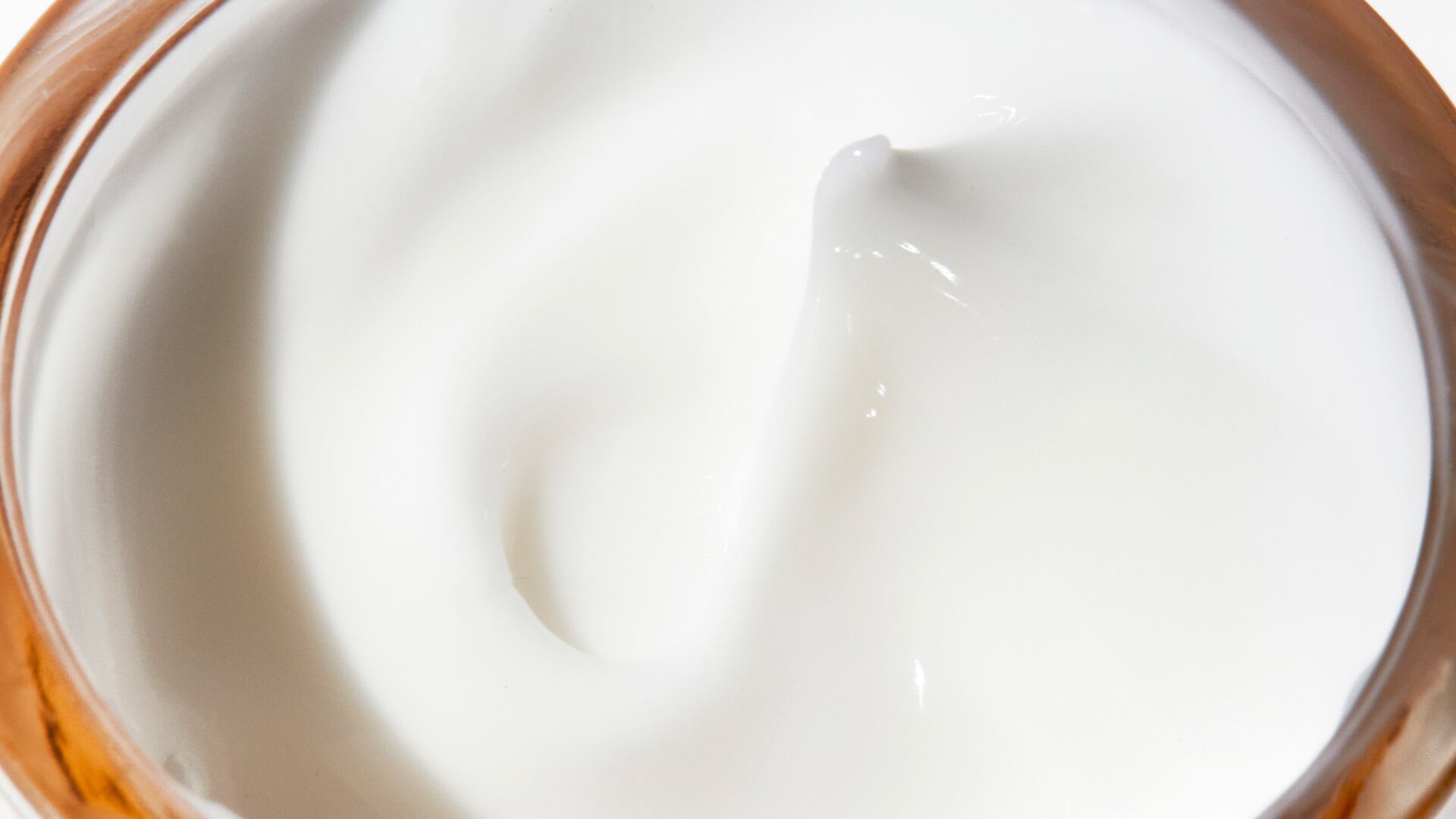 Ginseng’s main functions are calming and soothing, and those benefits are welcome all day long.
Ginseng’s main functions are calming and soothing, and those benefits are welcome all day long.Who isn’t Ginseng good for?
The skincare equivalent of the kind of friend you could bring along to any party and not have to worry about them feeling awkward or uncomfortable, Ginseng is suitable for all skin types and tones. It plays nicely with other ingredients too, so you don’t have to be an aspiring chemist to understand how to incorporate it into your routine.
Anyone who counts fine lines, lack of firmness, dull skin, or redness as their top skin concern will benefit the most from Ginseng. If you don’t slot into any of those categories, there’s no harm in adding it, but you just might want to prioritise other ingredients.
